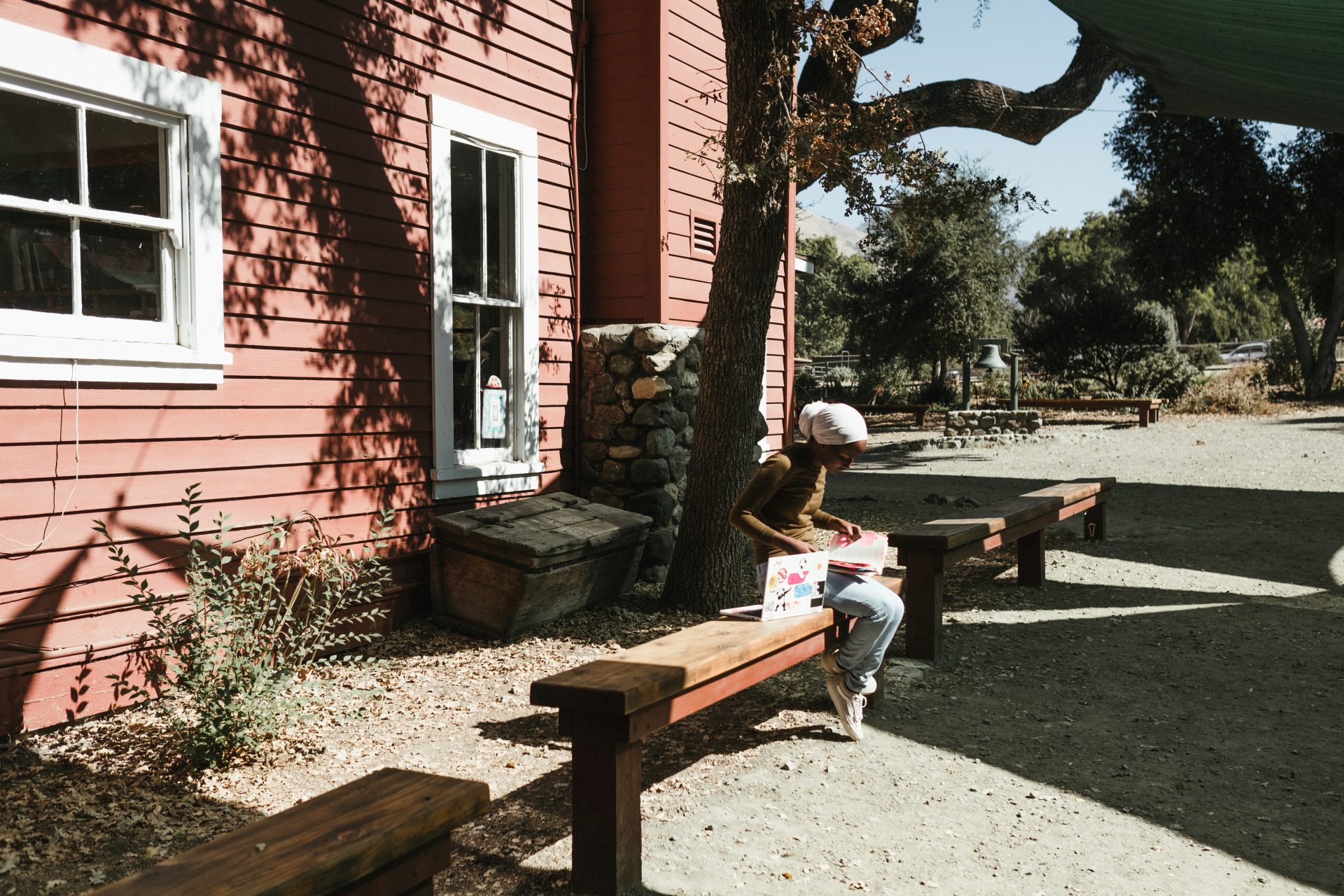Contact Information
-
MAILING : P.O. Box 8, Los Olivos, CA 93441
Feeling Uncertain and Normalizing Uncertainty
Spring 2020
At least one person brings up the topic of Coronavirus every night at the dinner table. The conversation shifts from being silly and about dogs to how the neighbors are threatening the Ohio State spokesman doctor who lives a couple blocks down our street. The tone of the conversation shifts too, and suddenly everyone speaks of when they think a vaccine will come. The talk turns to social inequities and how people protest everyday to get back to their small businesses and their salons to get their hair done. My host family’s son mentions how much he misses his dorm and drinking beer with his college friends. My guardian mom expresses her desire to go back to work and start teaching again. Her husband grumbles about how their restaurant is already short on meat. Everyone complains. In addition to Coronavirus, our conversations have a common theme: uncertainty. No one knows what will happen, and everyone wants an answer.
As an international student who left her home, Somaliland, at 15, and flew to the U.S. by herself, I know what it feels like to be uncertain. I enrolled at a boarding school that I didn’t know much about. I had never even seen the campus. I hopped on a plane on August 24, 2018, knowing little about airports or how to get a boarding pass or where to stand in line for the security checks. Back then, I felt uncertain of where I was headed or when I would get back to my family. If I would come back to my family. But I knew that I would just have to move forward because I didn’t have much of a choice.
I believe that it is OK to feel uncertain and normalize uncertainty. Sitting at the dinner table and sighing every two minutes about what the future looks like will most definitely not make us feel good, nor will protesting or demanding that the governor give us more freedom to go shopping, attend concerts, or hang out with friends. I have learned that everyone at our table who discusses Coronavirus feels trapped and anxious because they do not know the next step. They have gotten used to the idea that they will always know what lies ahead of them the next morning. So, I understand that their fear makes them feel trapped and very nervous.
I think that after this virus, they, too, will know the feeling of uncertainty and they will be able to apply that understanding in their future experiences.

Nimco outside of Main House
I remember not knowing how to get on an escalator in Dubai. I felt extremely worried as I lugged a two-wheeled suitcase pretty much as heavy as me. I wanted to ask for help, but I didn’t know how anyone would react to a 15-year-old carrying a huge suitcase and looking lost. So, I just stepped aside and watched multiple people as they stepped on that escalator and just stood perfectly calmly. After a couple minutes of patience, I did just as the man before me did. I stood there on the moving stair feeling so relieved. I believe that if I panicked and looked for another way to get upstairs, I would have gotten even more lost than I already was in that building the size of a whole city. I think that protesting and looking for other ways to go outside will not be the solution to this pandemic. I believe that we can just wait with patience and trust those who are at the frontlines, risking their lives to save us everyday. I believe that we don’t always need to look for alternative ways to deal with our fear, but sometimes we just need to look at those who stay patient and wait. We, too, can move forward from this fear and lack of hope if we just live with our uncertainty and see where it takes us.
By Nimco ’21
Interested in Becoming a Midlander?
Continue exploring the Midland experience